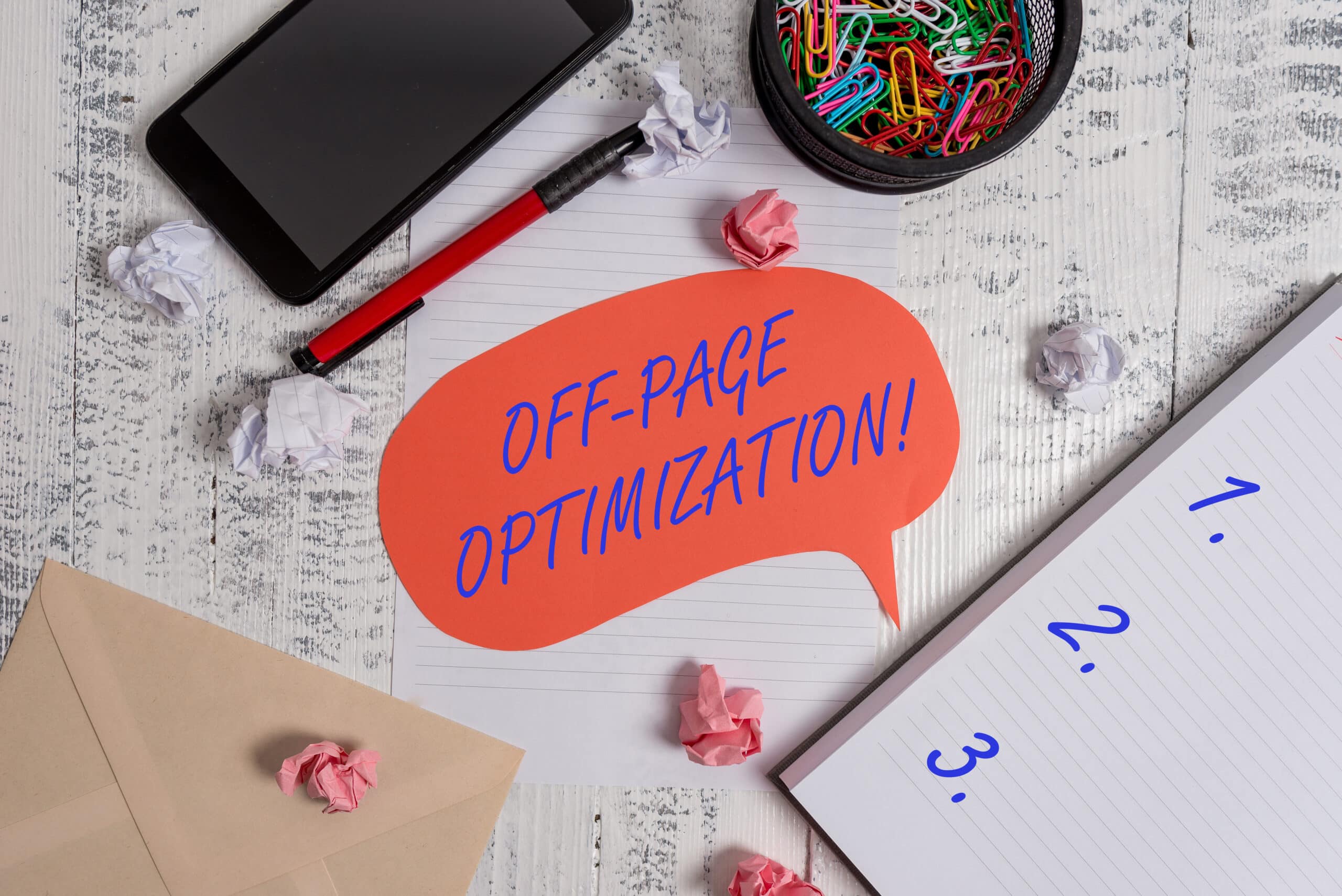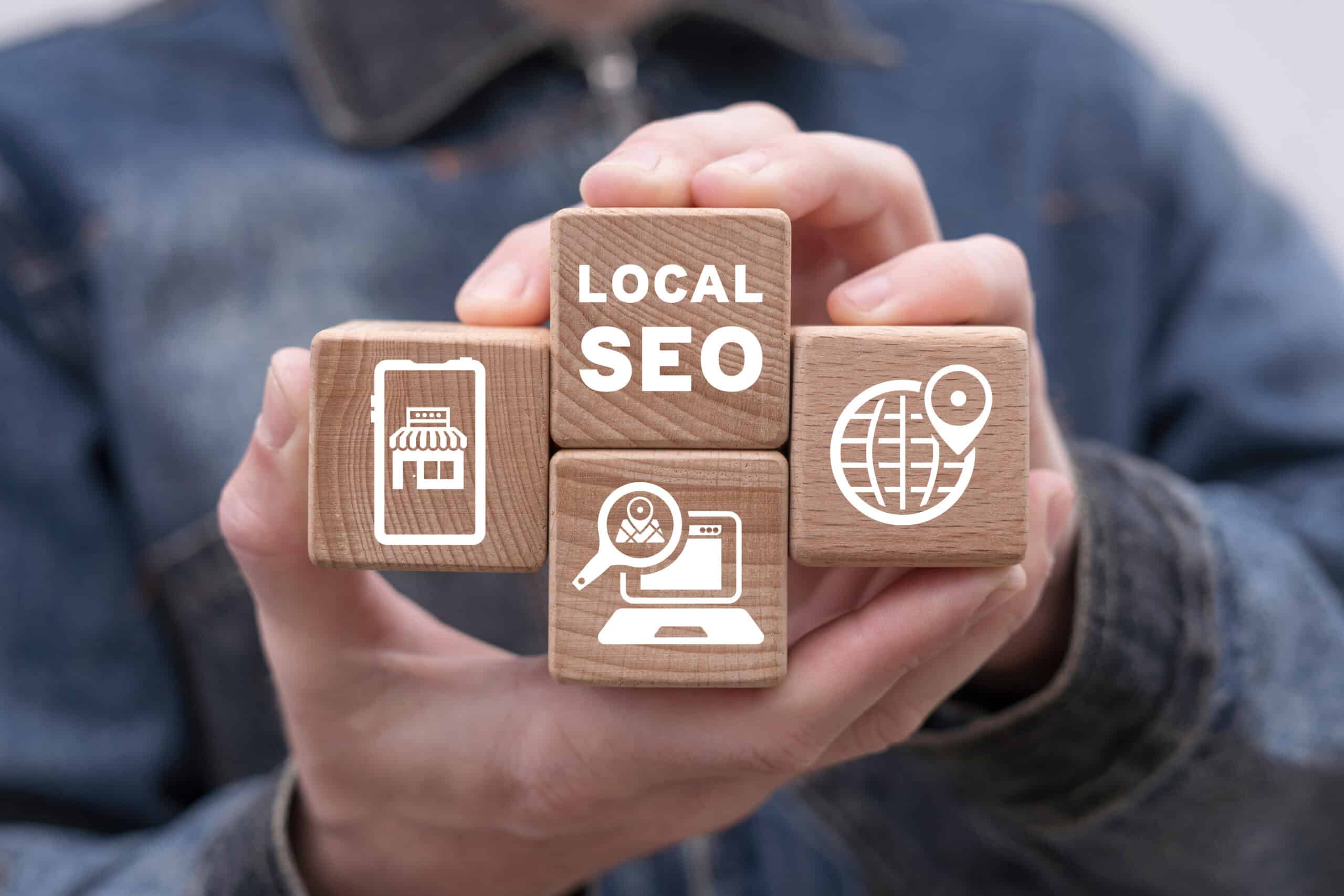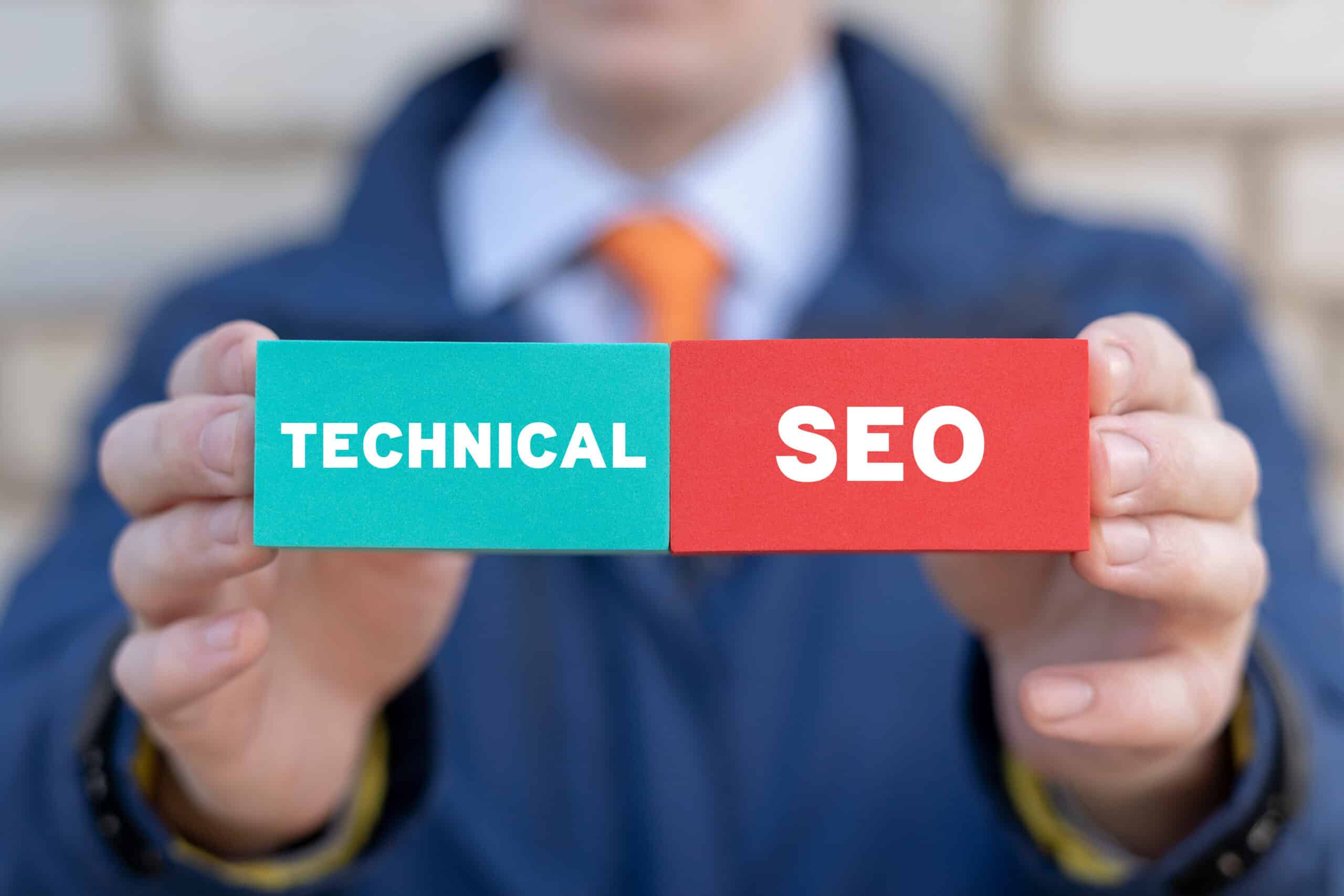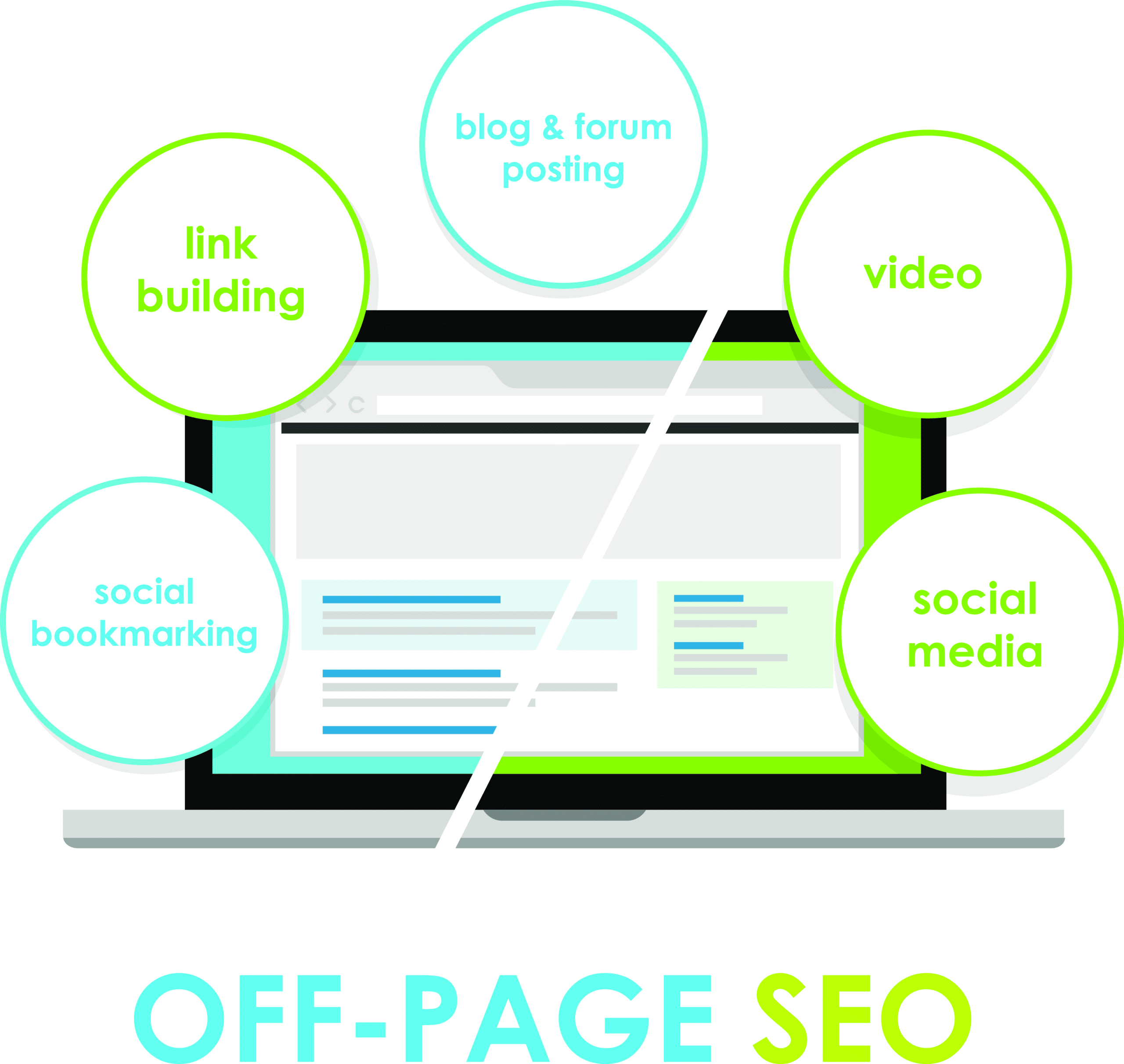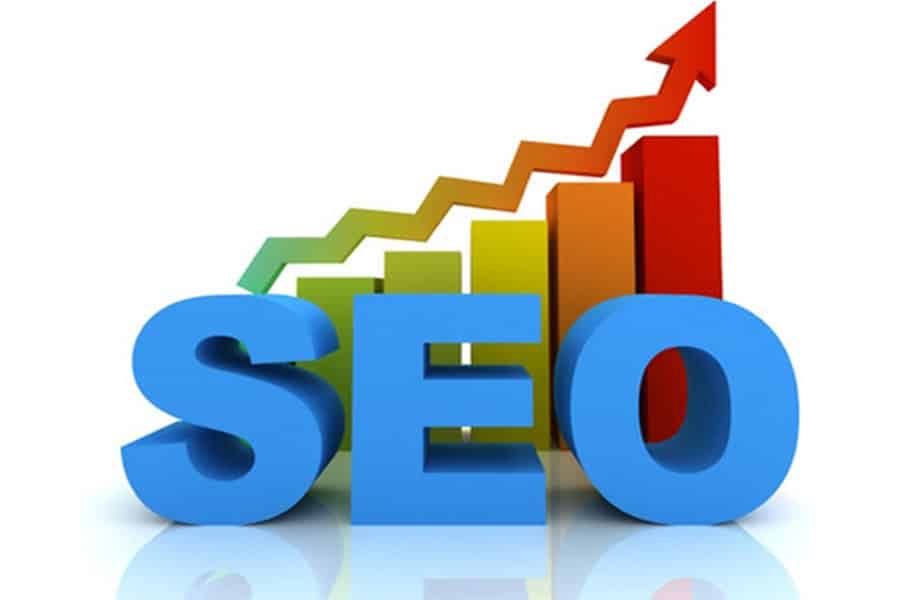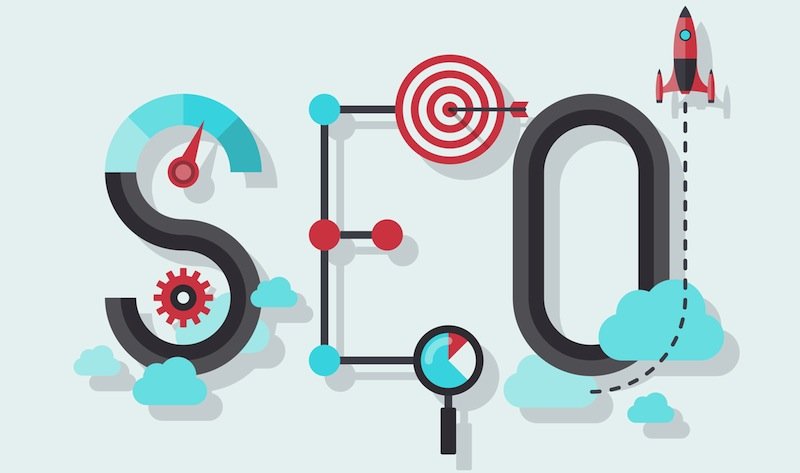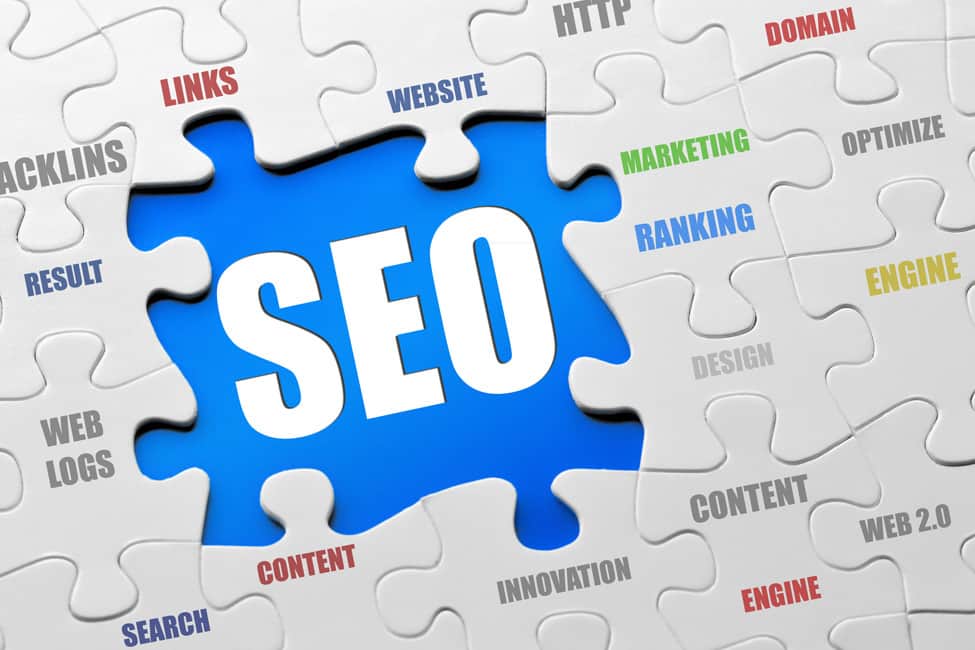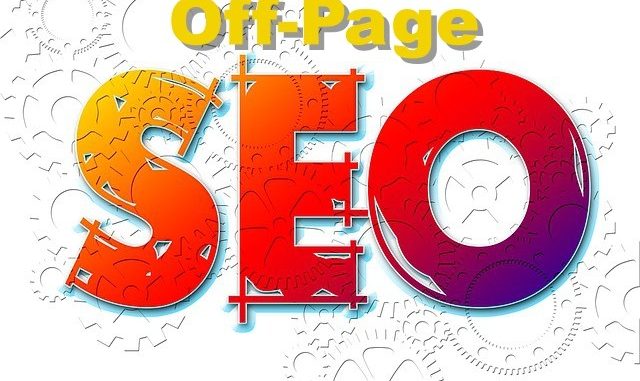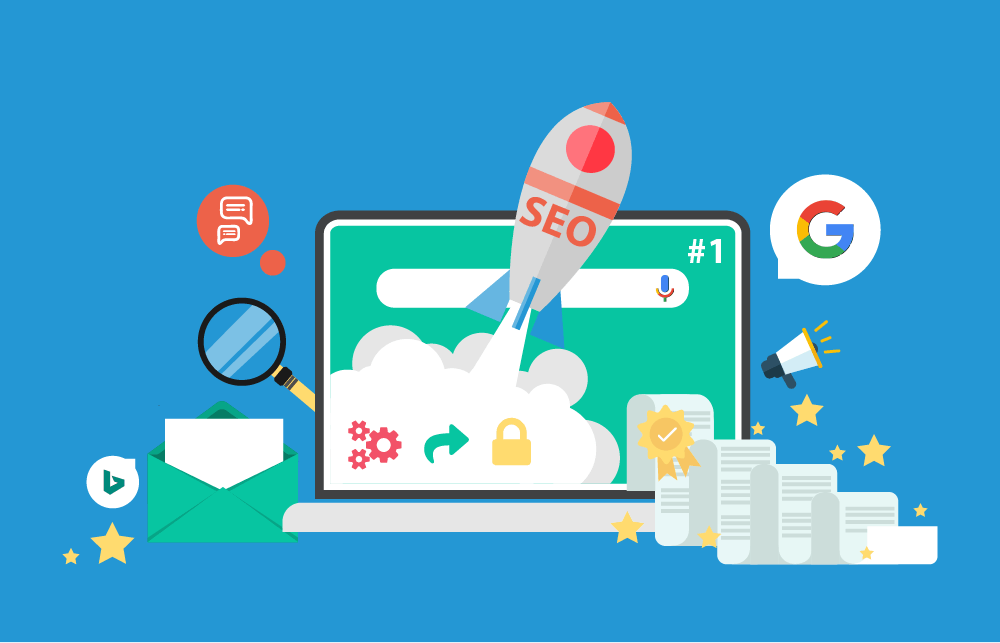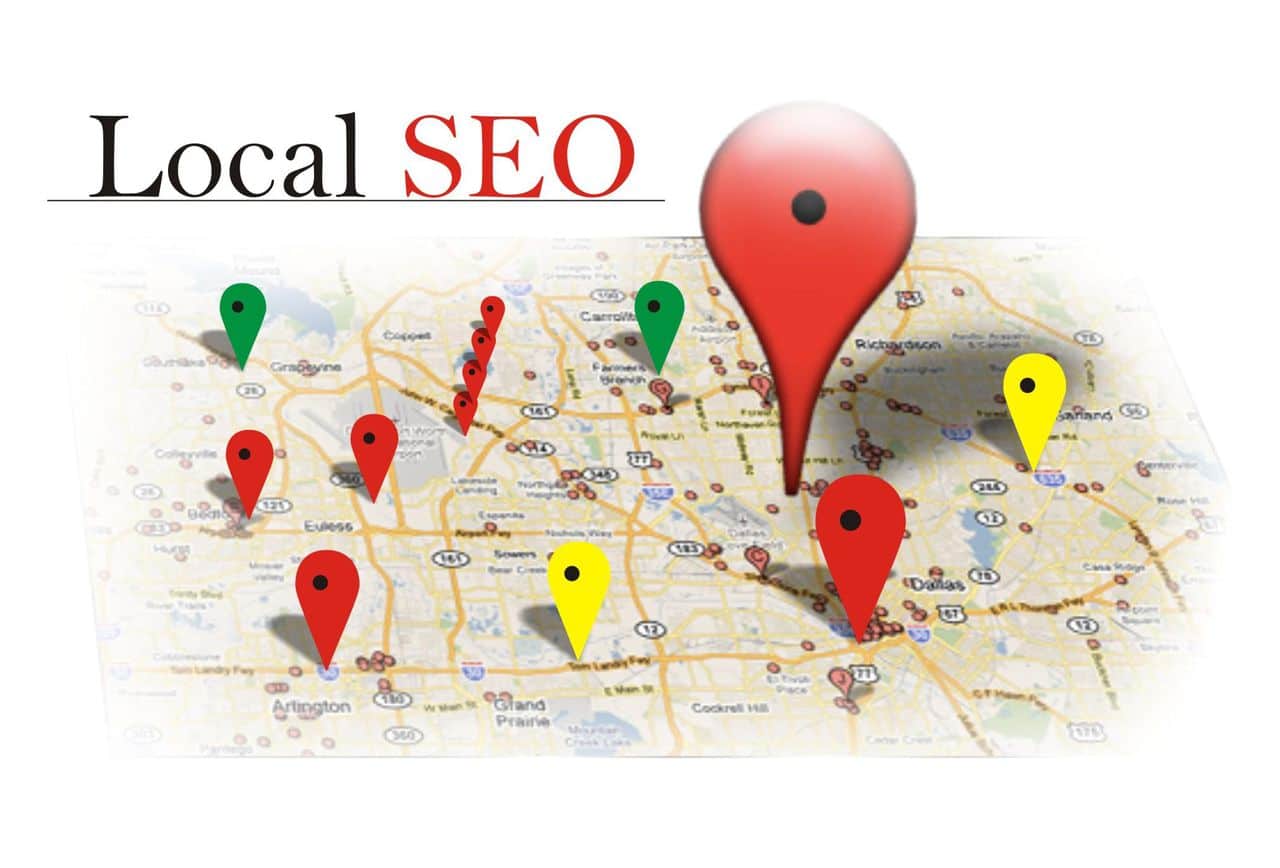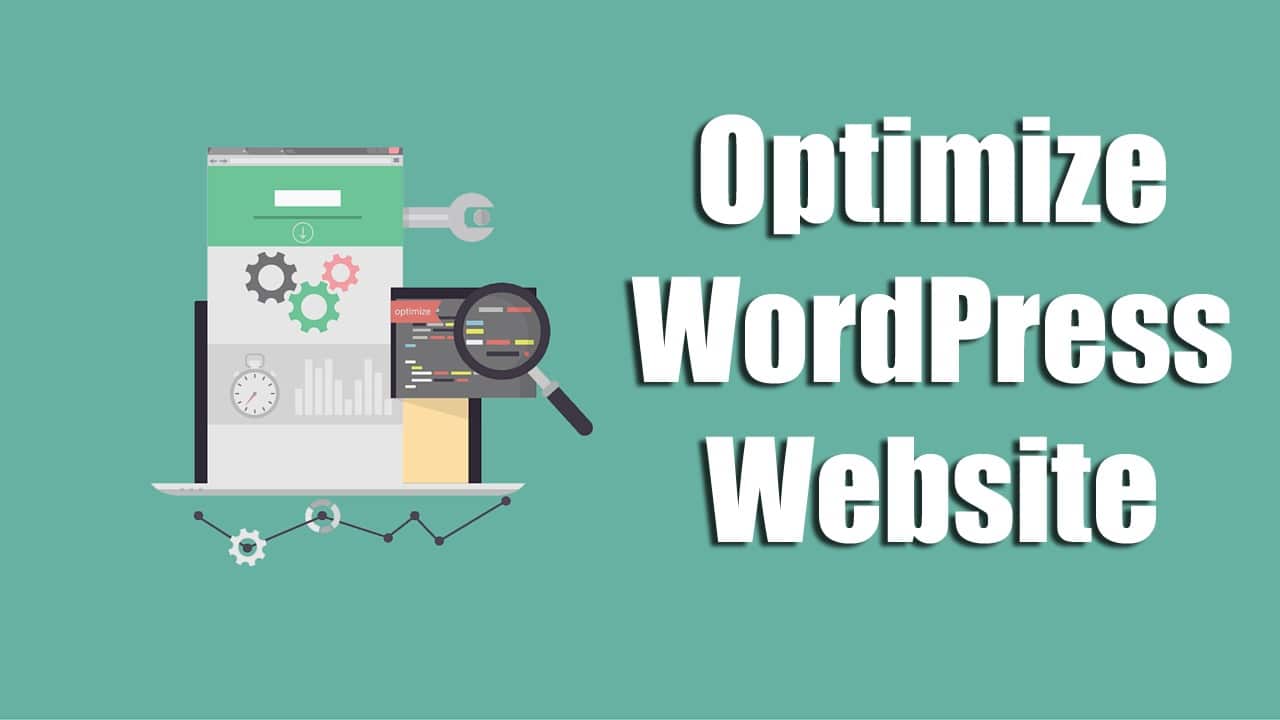Off-Page SEO plays a fundamental part in your organic search strategy.
Off-page SEO refers to all the actions taken outside of your own website to impact your rankings within search engine results pages (SERPs).
Unlike on-page SEO, which involves optimising elements on your website (like content & site speed for example), off-page SEO is about improving your site’s perception by both users and search engines through external means.
The main focus is on building the site’s authority and reputation to make it more relevant and trustworthy in the eyes of search engines like Google. To do this, we deploy some of stratagies highlighted below.
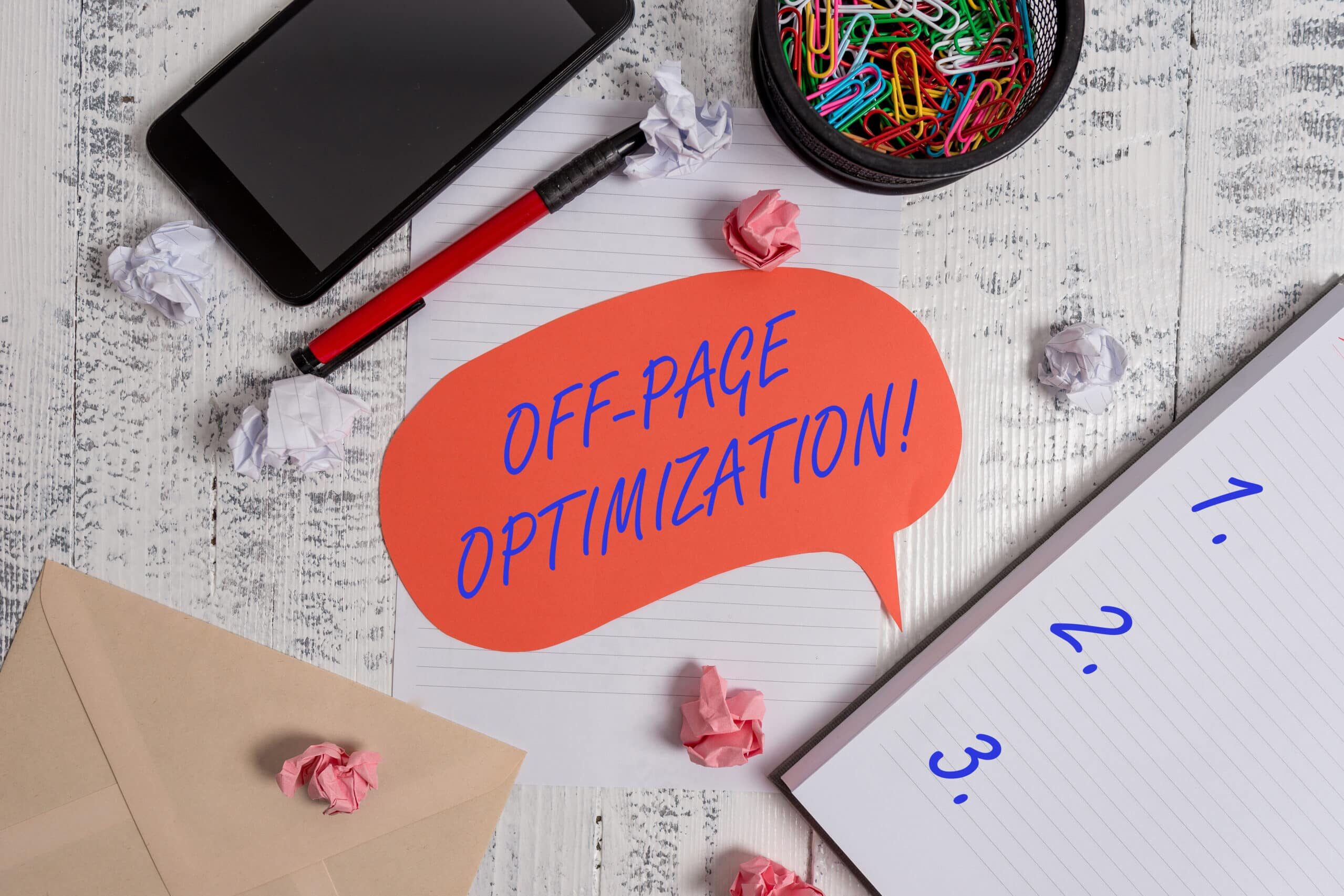
We are specialists in what we do…
Our team are experts in what they do and we work with both local and national clients from across the UK. By utilising our expertise with off-page SEO, we have built long-lasting relationships with our clients that continue to provide an ongoing ROI.
Off-page SEO is an important part of any comprehensive search engine optimisation strategy. The primary goal of off-page SEO is to increase your site’s visibility and authority, thereby improving your position in search engine results. Here are some key aspects and strategies involved in off-page SEO.
Backlinks:
One of the cornerstone elements of off-page SEO is building backlinks, which are links from other websites that lead to your site. Search engines view these backlinks as endorsements of your content’s quality, especially if they come from reputable, authoritative websites. There are various tactics to earn backlinks, such as creating high-quality, link-worthy content, guest blogging, and reaching out to relevant websites to suggest they link back to your resources.
Social Media Marketing:
While direct links from social media platforms don’t always impact search engine rankings directly, they increase visibility, drive traffic, and indirectly contribute to your website’s authority. Engaging with users on platforms like Twitter, Facebook, LinkedIn, and Instagram can help expand your reach and potentially generate natural backlinks as more people share and discuss your content.
Brand Mentions:
Google recognises both linked and unlinked brand mentions. This means even if a site mentions your brand without providing a backlink, it can still positively affect your rankings because it contributes to your brand’s overall prominence and perceived authority.
Local SEO:
For businesses with a physical presence or a targeted geographic service area, local SEO is crucial. This involves listing your business on Google My Business and other local directories, ensuring your contact information is consistent across the web, and garnering reviews from customers. Local backlinks from relevant sites within your community can also be particularly valuable.
Content Marketing:
By creating valuable, informative, and engaging content that resonates with your audience, you can attract backlinks naturally. Content can include blog posts, infographics, videos, and more. This content should be promoted across all platforms, including social media, email newsletters, and other relevant channels, to increase its visibility and likelihood of earning backlinks.
Influencer Marketing:
Partnering with influencers to promote your content or products can help reach a broader audience and generate both direct traffic and backlinks from the influencer’s platform if they choose to link to your website.
Forums and Online Communities:
Participating in relevant forums, Q&A sites (like Quora), and online communities related to your niche can help establish your authority and direct interested users to your website. Be mindful to contribute valuable insights rather than spamming these platforms with links to your site.
Successful off-page SEO involves a blend of strategies that extend beyond your website, requiring consistent effort and genuine engagement with your audience and community. The ultimate aim is to build the reputation and authority of your site in ways that are viewed favorably by search engines, thus improving your rankings and visibility in search results.
Let’s Get Started…
If you are serious about taking your marketing to the next level and want a results-driven partner to work on your digital marketing campaigns, hit the Get a Quote button & we’ll be in touch.
Alternatively, please call us on 0151 453 6580.
Improve your off-page SEO with Herd Marketing.
Are you tired of seeing your website rank lower than it deserves on search engines?
With our Off-Page SEO stratagies, we can help your website gain higher rankings and increase traffic. Imagine having your website appear on the first page of search results for your target keywords. This not only boosts visibility but also establishes trust with potential customers who see your website as an authority in your industry.
Don’t miss out on potential business opportunities!
Contact Herd Marketing today to improve your Off-Page SEO and drive more traffic to your website.
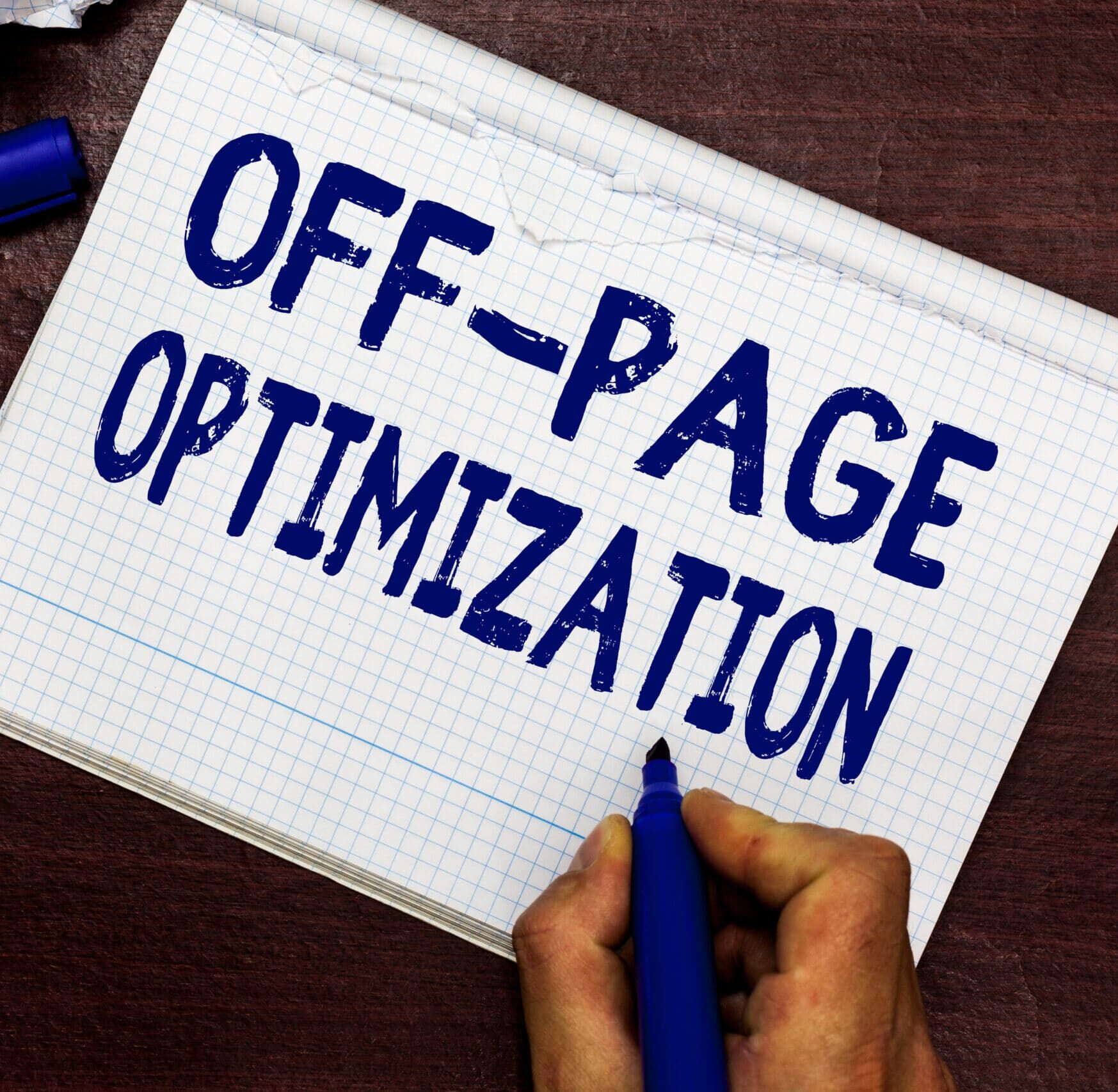
Read Our Latest Search Engine Optimisation Resources
Stay informed and up-to-date with all things related to Off-Page SEO and organic search in general, by visiting our online resource center. Our collection of informative articles is constantly being updated, so be sure to read, engage, and share them with your colleagues, friends, and peers.
Herd Marketing Online Resource Centre…
Our online resource centre offers a plethora of useful in-depth articles that provide hints and tips on all things digital marketing related. Read, share, comment and engage with us on these pages.
Search Engine Optimisation (SEO) – Frequently Asked Questions
What is Search Engine Optimisation (SEO)?
Search Engine Optimisation (SEO) is the practice of enhancing a website's visibility and ranking on search engine results pages. It involves employing various strategies and techniques that help a website appear higher on search results, increasing the quantity and quality of traffic. SEO can involve improving the site's content, usability, credibility, use of relevant keywords, and ensuring the site is well-designed, fast, and mobile-friendly. It's crucial for digital marketing as it makes a website easily discoverable by users searching for terms relevant to the website's industry or brand.
Why is SEO important for my business?
SEO (Search Engine Optimisation) is important for your business for several reasons:
1. Increased Visibility: SEO helps your business to rank higher in search engine results, making it more visible to potential customers. The higher your business ranks, the more likely people are to click on your website.
2. Greater Credibility: People tend to trust the websites that appear on the first page of search engine results. So, a higher ranking also increases your business's credibility.
3. Cost-effective Marketing: SEO is a cost-effective form of digital marketing. Unlike paid advertising, you do not need to pay for each click or impression. Once your website ranks high, it can stay there for a considerable period of time, continuously bringing in organic traffic.
4. Increased Web Traffic: SEO can help drive more traffic to your website. By using keywords that your potential customers are searching for, you can attract more relevant traffic - people who are more likely to be interested in your products or services.
5. Better User Experience: SEO involves making your website more user-friendly. This includes improving site speed, making it mobile-friendly, easy navigation, and adding useful content. This can improve user experience, making visitors more likely to stay longer and take desired actions.
6. Improved Conversion Rates: With more visibility and credibility, as well as a better user experience, you can enjoy increased conversion rates. Visitors are more likely to become customers when they can find your website easily, trust your brand, and navigate your website without difficulties.
How does SEO work?
Search Engine Optimisation (SEO) works by optimising website elements like keywords, content, site design, backlinks, etc. to increase the site's visibility for relevant searches. The better visibility your pages have in search results, the more likely you are to garner attention and attract prospective and existing customers to your business.
Here is a more detailed step by step:
1. Keyword Research: SEO starts with keyword research. The goal is to find out what keywords or phrases people are using to search for information related to your industry or business. These keywords need to be strategically placed in the website’s content, meta tags, and URLs.
2. On-Page SEO: This involves optimising the individual pages of the website for specific keywords. This includes using the keyword in the title, meta description, headers, and content of the page. On-page SEO also involves optimising images, using schema markup, and ensuring the page loads quickly.
3. Off-Page SEO: This refers to the actions taken outside of your website to impact your rankings within search engine results pages (SERPs). This is done by creating high-quality backlinks (links from other websites to your own). These can be obtained through guest blogging, influencer marketing, or social media marketing.
4. Technical SEO: This involves making the website easier for search engine bots to crawl and index. This includes creating a sitemap, using a [LINK] file to guide bots, improving site speed, optimising for mobile, and implementing secure sockets layer (SSL) to protect user information.
5. Local SEO: If you run a local business, you would also engage in local SEO. This involves creating a Google My Business profile, acquiring reviews, and optimising for local keywords.
6. Monitoring and Analysis: SEO involves constant monitoring and analysis to determine the effectiveness of your efforts and make necessary changes. This includes monitoring keyword rankings, organic traffic, bounce rate, conversion rate, etc. Tools like Google Analytics and Google Search Console can be used for this.
Search engines like Google, Bing, and Yahoo use complex algorithms to understand and rank pages appropriately in search results. But remember, these algorithms often evolve, so it’s important to adapt your SEO strategy as the industry changes.
How long does it take to see results from SEO?
Seeing results from SEO typically takes around 4-6 months. However, this can vary greatly depending on a number of factors such as the age of your website, the amount of content on it, your previous SEO efforts, and the competitiveness of your industry. Results should continue to improve over time. It's also important to note that SEO is an ongoing process and requires regular monitoring and adjustments.
How often should I update my website for SEO?
Regularly updating your website content is important for SEO. The exact frequency can depend on your business type and size, and how much new content you can realistically create. A common recommendation is to update your website at least once a week, but many experts advise more frequent updates, such as two or three times a week. Google appreciates fresh content, so frequent updates can lead to higher search engine rankings. Additionally, regularly updating your site can increase traffic, user engagement, and customer retention.
What are keywords and why are they important in SEO?
Keywords are words or phrases that people type into search engines when they are looking for specific information or answers. In terms of SEO (Search Engine Optimisation), keywords are used to help search engines understand what a particular webpage or website is all about, so it can accurately populate the results when a user conducts a search related to that keyword or keyword phrase.
They are important in SEO for several reasons:
1. Improved Search Rankings: When your content includes relevant keywords, search engines are more likely to rank your website higher on search engine results pages (SERPs).
2. Increased Web Traffic: As your website begins to appear more frequently in search results, more people will visit your website.
3. Higher Quality Traffic: If you use specific and relevant keywords, you're more likely to attract visitors who are interested in what you're offering.
4. Better User Experience: If your content contains relevant keywords, it will be more helpful to users who are looking for information related to those keywords.
5. Improved Conversion Rates: Relevant keywords can attract potential customers to your site. If they find what they are looking for, they are more likely to make a purchase.
Remember, though, the use of keywords should be balanced. Keyword stuffing, or the practice of overusing keywords in your content, can lead to penalties from search engines.
Contact Us
Fill in the form below and one of our team will contact you to find out more about your requirements. We aim to respond to your enquiry within 24 hours, excluding weekends and bank holidays.
Alternatively, please call us on 0151 453 6580 Monday – Friday 09.00 – 17.00.
